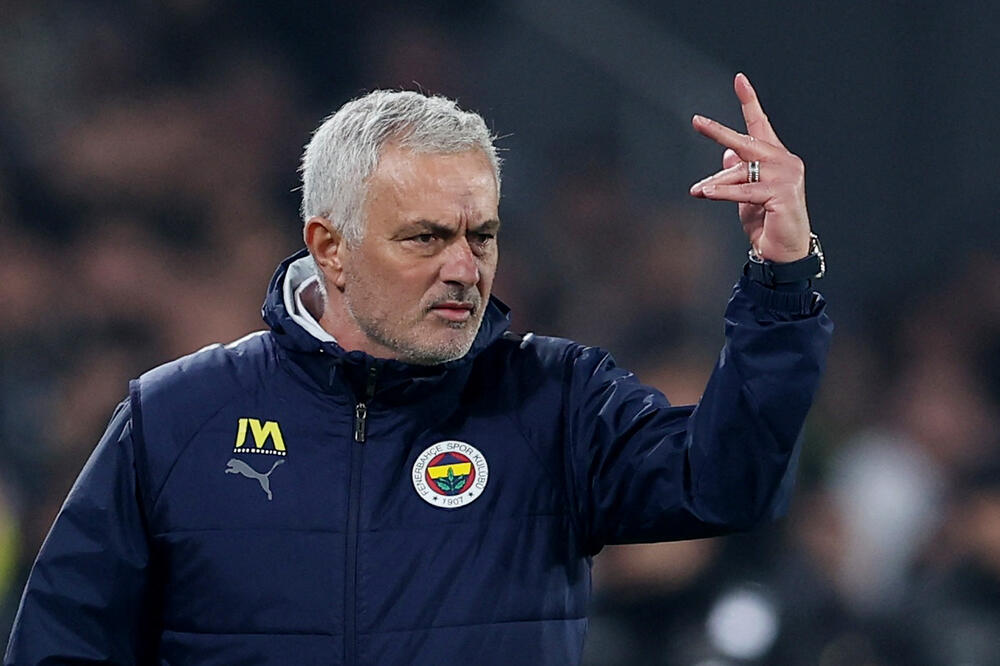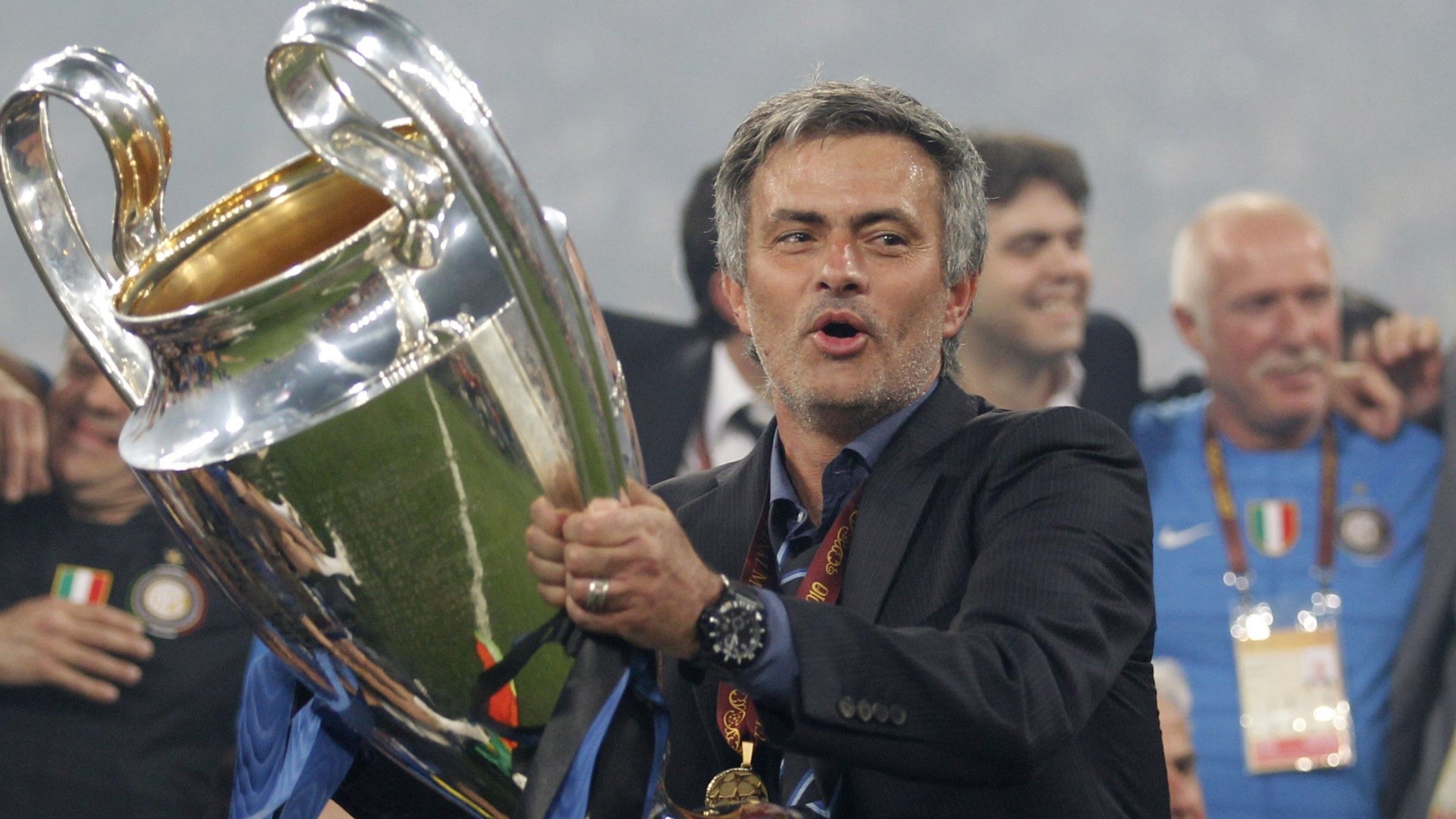For José Mourinho, triumph has never been about beauty—it has always been about belief, resilience, and the will to win. A new BBC documentary revisits how a single moment of rejection at Barcelona in 2008 sparked the transformation of Mourinho into football’s most pragmatic champion, culminating in his two improbable Champions League titles. Through emotional recollections and strategic genius, Mourinho’s legacy is laid bare—not as an artist of the game, but as its cold, relentless realist.
The turning point at Camp Nou
In the summer of 2008, José Mourinho stood at a crossroads. Barcelona, searching for a new manager after parting ways with Frank Rijkaard, chose not to hire the experienced, title-winning Mourinho. Instead, they handed the reins to Pep Guardiola—Mourinho’s former colleague and, briefly, his friend. Guardiola had no top-flight experience; Mourinho had a Champions League and two league titles. The decision cut deep.

That rejection proved catalytic. In the words of journalist Jonathan Wilson, “That’s the moment where Mourinho becomes the Dark Lord.” From then on, Mourinho embraced a defiant, almost vengeful philosophy: if others played to entertain, he would make sure no one had any fun—unless they won. For Mourinho, it was a moment of realpolitik, not unlike the gritty realism in a Thomas Hardy novel. Rejection birthed obsession, and that obsession would reshape modern football.
The night of defiance in Barcelona
Two years later, Mourinho’s Inter Milan arrived at the Nou Camp for the second leg of the 2010 Champions League semi-final. They held a 3–1 lead but faced Guardiola’s Barcelona—reigning champions and darlings of the tiki-taka era. When Thiago Motta saw red in the 28th minute, it seemed inevitable that Barça would stage a comeback. But what followed was not capitulation—it was resistance of the highest order.
Inter defended with ten men for over an hour, surviving wave after wave of attacks. “We defended with everything we had – with hearts, with souls,” Mourinho recalled. Though they lost 1–0, the aggregate score saw them through. “This is the most beautiful defeat of my career,” he said—a moment not of style, but of stubborn glory. From that defiant night sprang one of modern football’s most enduring images: Mourinho sprinting across the pitch, finger to lips, silencing the Nou Camp.
The human behind the master tactician

Despite his cold image, Mourinho’s man-management has been the key to his success. Former players speak of a man who cared deeply, not just about tactics but about the people behind the jerseys. At Porto in 2004, Benni McCarthy described Mourinho as “passionate, caring and a master tactician.” He knew players’ families, backgrounds, and emotional triggers. “I just thought that was an unbelievable touch… and you would run through a brick wall for him,” McCarthy said.
At Inter, captain Javier Zanetti echoed the same sentiment. He recalled the team bonding over Argentine asados Mourinho happily joined, calling it a time for unity, for building “a family.” Mourinho didn’t just manage a squad—he led a tribe. That bond made Inter’s 2010 title feel inevitable, even when the odds and numbers were stacked against them.
Exit with emotion, arrival with purpose
As with Porto, Mourinho left Inter almost immediately after victory. Within days, he was on his way to Real Madrid. Yet this departure, captured in behind-the-scenes footage, revealed a softer side. After trying to slip away from the team quietly, Mourinho broke down in tears when he saw Marco Materazzi outside the bus. The embrace between the two showed that behind the calculating tactician was a man capable of deep emotional connections.
Mourinho later admitted: “If I walk into a full San Siro, if I walk into the Duomo full of people, I think I wouldn’t go to Real Madrid… But I wanted to go. I thought it was the right moment. I had to escape.” That paradox—of fleeing success to chase more—is Mourinho’s defining duality.
Legacy of an unapologetic winner
Fifteen years on, Mourinho may no longer command the touchline with the same intensity. But his Champions League triumphs—against the odds, with Porto and Inter—remain untouched. “You go to Porto and you go to Milan and everybody knows. 2004 Champions League winner, 2010 Champions League winner. Who was the coach? Mourinho,” he says proudly.
In the modern game, where aesthetics often overshadow achievement, Mourinho’s approach remains a stark contrast. He didn’t just win; he redefined what winning looked like. Cold. Calculated. Clinical. But never, ever accidental. For Mourinho, it was never about being loved—it was about being remembered. And in that, he has already won.




